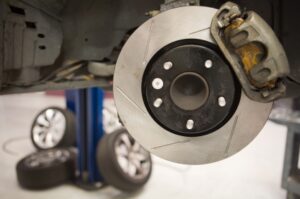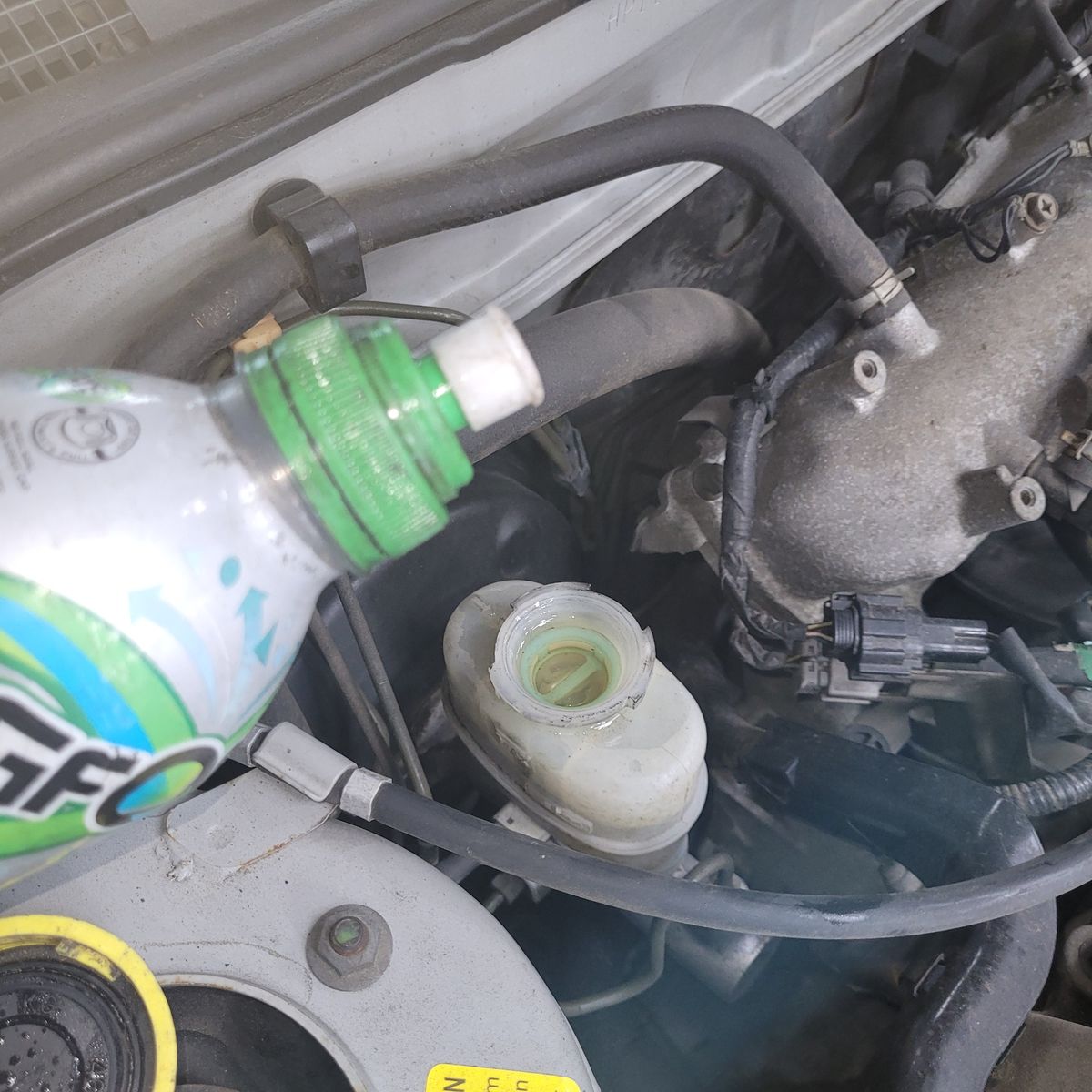What Happens When You Get Air in Your Brake Lines?

As the brake pads wear, small amounts of air enter your braking system.
So, you’re probably wondering why we bang on about air getting into your brake lines. Seriously, it’s one of those sneaky issues that pops up on all sorts of cars – Suzukis, Peugeots, old Subaru Foresters, whatever you’re driving around Rototuna, Ngaruawahia, or Cambridge. The brake lines in your car are supposed to be airtight. They carry brake fluid, which is what lets you actually stop – especially when you’re constantly hitting the brakes in Dinsdale’s stop-go traffic, or crawling down Peachgrove Road behind a line of utes in the morning.
Thing is, brake fluid doesn’t compress much, so when you hit the pedal, the pressure goes right to your brakes. But if there’s air in the system, the fluid gets squashy, and suddenly your pedal feels like a soggy sponge – not safe, especially when you need to stop for those surprise potholes in Nawton after a storm or a kid on a scooter in Flagstaff.
How the Heck Does Air Get In Your Brake Lines?
You’d think these systems would stay airtight forever, but yeah nah, that’s not how it goes. Over time, as your brake pads wear down, the calipers have to reach out further and further to clamp on (that’s normal, especially with all the hills around Te Awamutu or the constant start-stop of Hamilton City traffic). While this is happening, little bits of air can sneak in.
Sometimes we see people come in from Morrinsville after a dodgy brake job, and the bleed wasn’t done right – more air in those lines. Or, maybe there’s a tiny leak somewhere, so when you check the fluid, it seems to be disappearing quicker than your patience with that blasted Tristram Street roundabout. A leak not only means you’ll be topping up fluid, but you’re also letting air back in. If you reckon there’s a leak, check out this great guide to help you spot it. If in doubt, bring it down – we’ll have a squiz.
Oh, and if you’re not sure when to swap out those brake pads, here’s some good info: When should you replace your brake pads?
What to Watch Out For – Signs of Air in Your Brakes
- Soft, spongy brakes – Number one warning sign right here. Whether you’re driving a Honda Fit or a Citroen Picasso, if the pedal sinks too easily, there’s probably air in there.
- Low brake fluid – You keep topping it up but it keeps vanishing. That’s a clue. Air sneaks in as the fluid sneaks out.
- Pedal goes all the way down – If your pedal hits the floor before anything happens, that’s trouble. It’s a real safety risk, especially out on State Highway 3 late at night.
- Takes longer to stop – Car’s stopping distance stretches out, especially when the roads are wet like mid-winter on Lincoln Street, or hot and slick down at The Base in summer. Not ideal!
Brake Bleeding & Fixes – Sorted Right Here in Hamilton
Had enough of that spongy pedal, or notice your brakes just aren’t right? We see all sorts – from Toyota Estimas coming in from Raglan with boiled brake fluid, to a Volvo V40 losing fluid after hitting one too many Claudelands speed bumps. Our team at Grimmer Motors is spot on with brake bleeding and repairs. We check for leaks, sort out worn parts, and flush out any air, so you can feel confident next time you head through the Hillsborough lights on a green.
Getting your brakes bled properly isn’t just ticking a WOF Hamilton box. It means you and your passengers are safe and you’re not taking any chances on those crazy Hamilton weather days – fog in the morning, sun by lunch, and a thunderstorm before dinner.
Want the brakes sorted, or just want pro advice about car service Hamilton-wide? Give us a bell or pop in. We’ll look after you.

